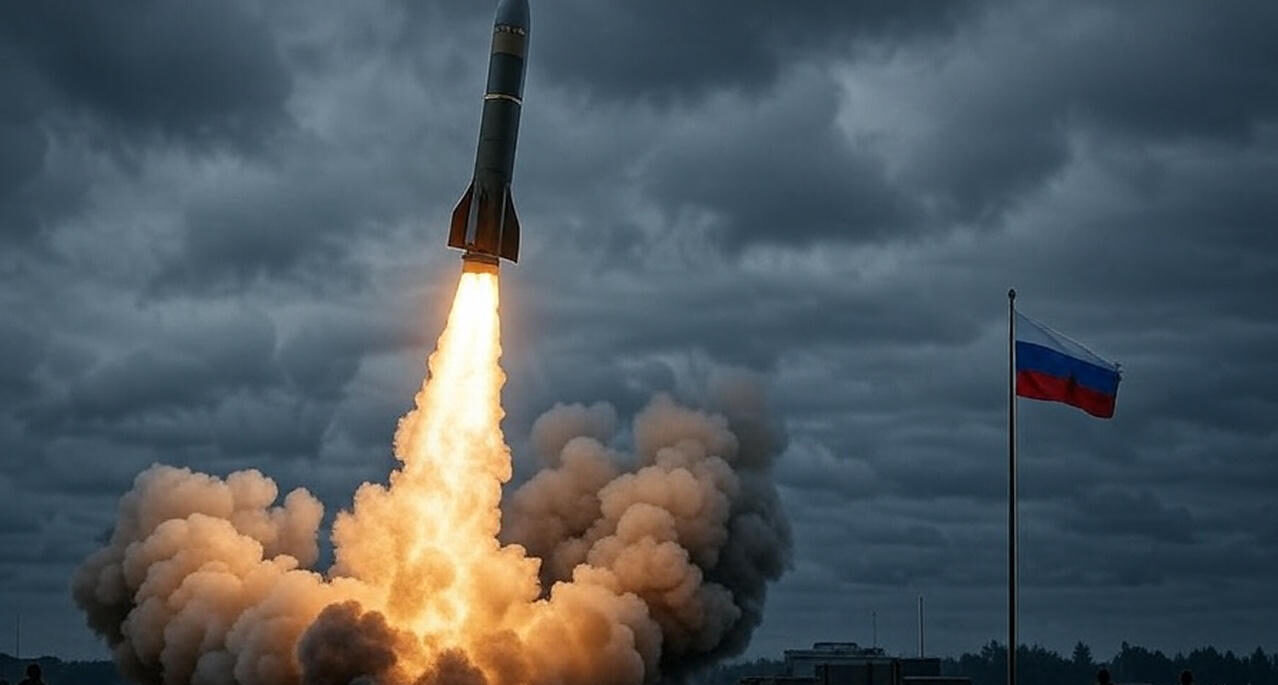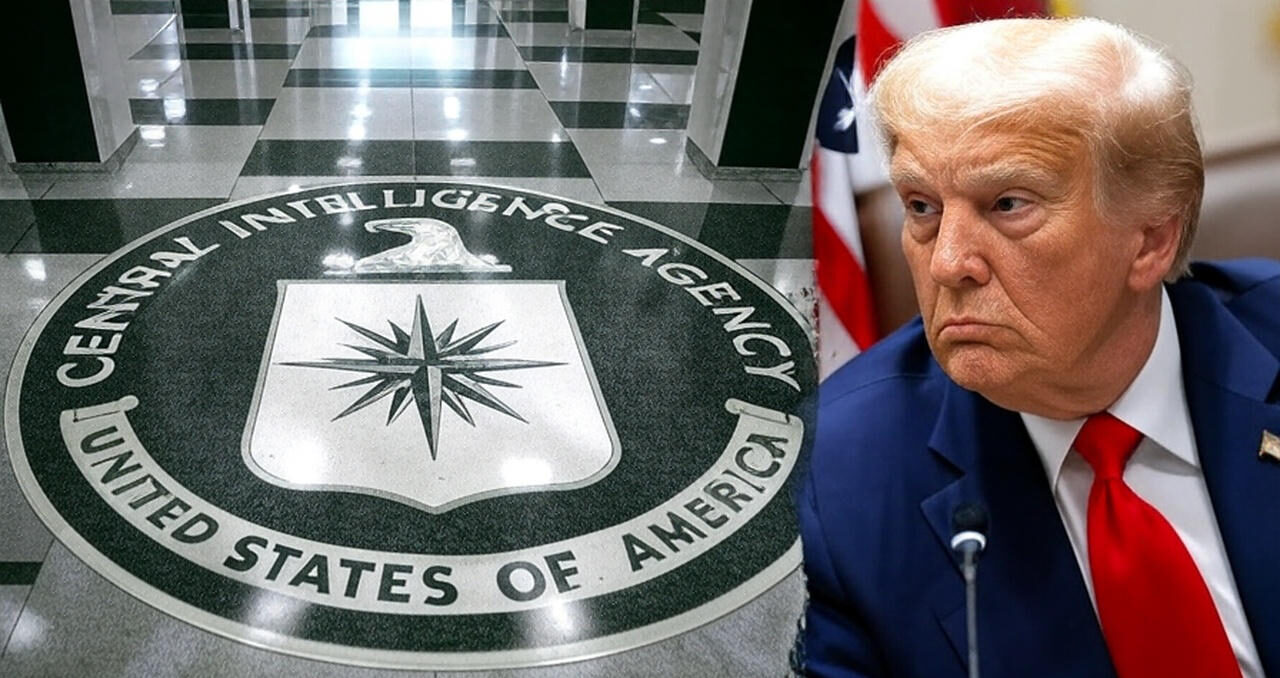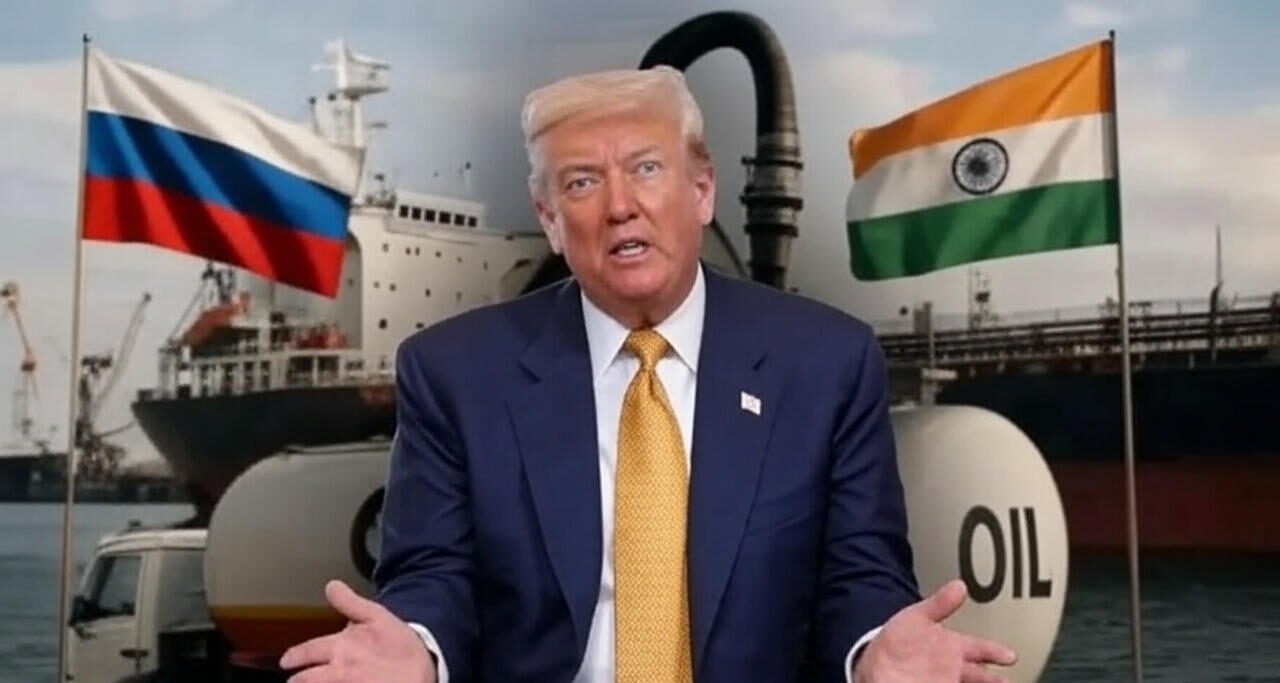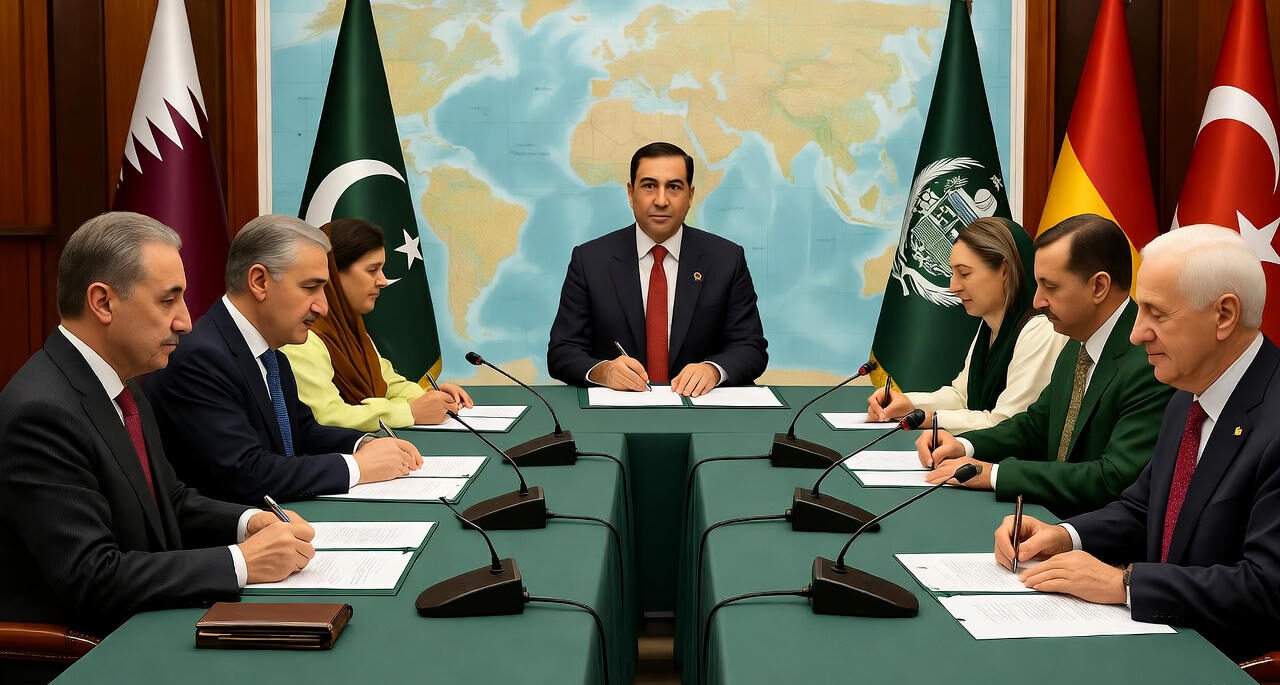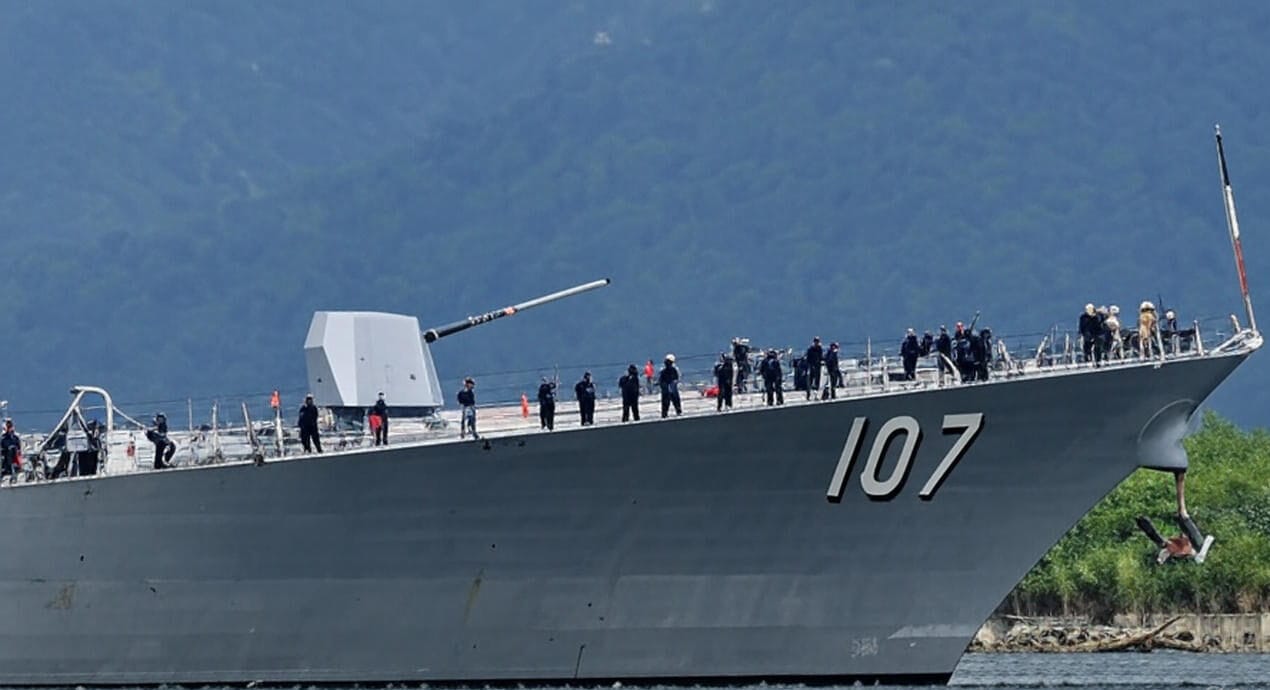
In a bold accusation that further strains already fraught relations between Washington and Caracas, Venezuela authorities announced on October 27, 2025, the capture of a group of mercenaries purportedly backed by the U.S. Central Intelligence Agency (CIA). The operatives, according to Vice President Delcy Rodríguez, were plotting a “false-flag” operation designed to provoke a military confrontation in the Caribbean region. This revelation emerges against the backdrop of ongoing U.S. naval deployments and joint exercises with Trinidad and Tobago, heightening fears of escalation in an area already simmering with geopolitical volatility. As the Maduro administration doubles down on claims of foreign interference, the international community grapples with the implications for regional stability and hemispheric security.
Historical Context of U.S.-Venezuela Animosity
The rift between the United States and Venezuela has deepened over two decades, rooted in ideological clashes and resource disputes. Since the rise of the Bolivarian Revolution under Hugo Chávez in the early 2000s, Washington has viewed Caracas as a destabilizing force in Latin America, imposing sanctions, recognizing opposition leaders as interim presidents, and designating Venezuelan entities as narco-terrorist organizations. The second Trump administration has intensified these measures, including the recent authorization of CIA covert operations targeting President Nicolás Maduro’s regime, as confirmed earlier in October.
Key Flashpoints in Recent Years
- 2019 Guaidó Recognition: The U.S. backed Juan Guaidó’s self-proclamation as interim president, leading to widespread sanctions and diplomatic isolation of Maduro.
- 2020 Mercenary Incursion: Venezuelan forces repelled an attempted invasion by U.S.-linked mercenaries, including American citizens, aiming to oust Maduro.
- 2025 CIA Directive: Trump’s approval of clandestine actions has been cited by Caracas as evidence of ongoing subversion, including alleged plots against U.S. assets to frame Venezuela.
These incidents illustrate a pattern of mutual recriminations, where economic pressures and covert maneuvers have eroded trust and fueled a cycle of provocations.
Details of the Alleged Mercenary Plot
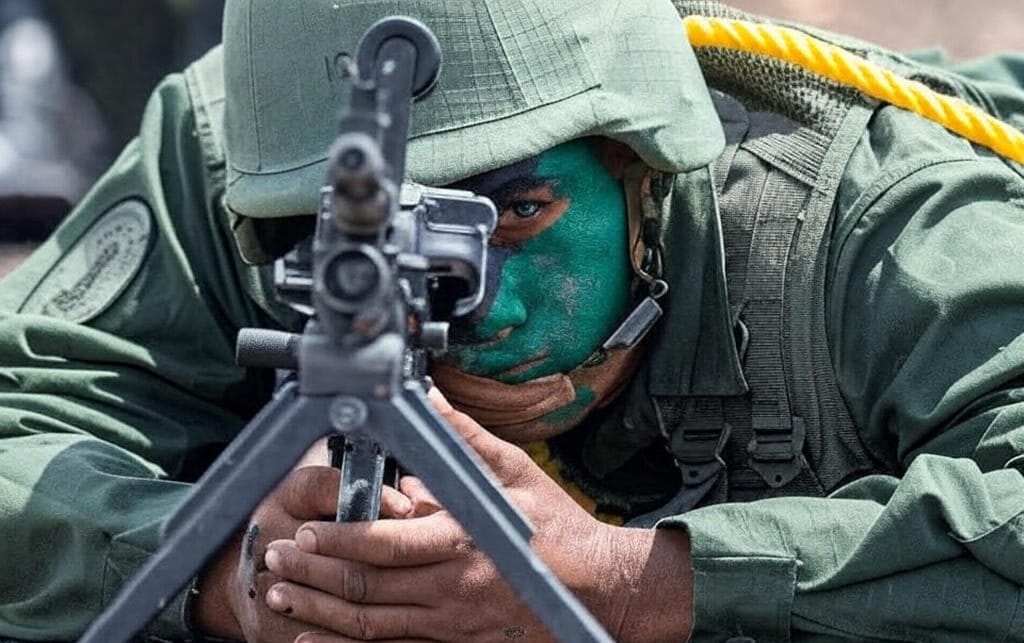
According to a statement from Rodríguez, Venezuelan security forces dismantled a “criminal cell” financed by the CIA, arresting at least four suspects involved in orchestrating the false-flag scheme. The operation, purportedly launched from waters near Trinidad and Tobago or Venezuelan territory, targeted the USS Gravely—a U.S. Navy guided-missile destroyer docked in Port of Spain for joint exercises. Interior Minister Diosdado Cabello described the plot as an attempt to stage an attack on the vessel, allowing the U.S. to attribute blame to Venezuela and justify retaliatory strikes.
Elements of the False-Flag Accusation
The Venezuelan narrative posits that the mercenaries, equipped with “direct information from the American intelligence agency,” intended to execute the assault to manufacture a casus belli. Rodríguez emphasized that the arrests uncovered coordination between U.S. entities and Trinidadian authorities, framing the joint military drills as a cover for aggression. No specific evidence, such as names, nationalities, or seized materials, was publicly disclosed, prompting skepticism from international observers. This echoes prior Venezuelan claims, including a foiled embassy bombing plot in early October, which Maduro’s government also linked to CIA orchestration.
Maduro, addressing supporters in Caracas, decried the scheme as “imperialist sabotage,” vowing to expose further infiltrations through state media. The timing—mere days after the USS Gravely’s arrival—amplifies suspicions of deliberate provocation amid heightened U.S. naval presence in the Caribbean.
U.S. Naval Deployments and Regional Tensions
The alleged plot coincides with an unprecedented U.S. military footprint in the southern Caribbean, initiated in late August 2025 under the guise of counter-narcotics operations. Approximately 10,000 personnel, including special forces and advanced assets, are stationed across Puerto Rico and allied ports, with the USS Gravely exemplifying this buildup. Joint exercises with Trinidad and Tobago, focused on interoperability and maritime security, have been recast by Caracas as rehearsals for invasion.
Strategic Assets in Play
- Naval Forces: Eight warships, including destroyers and submarines, patrol Venezuelan waters, equipped for precision strikes.
- Air and Drone Support: F-35 fighters and MQ-9 Reapers provide surveillance, enhancing U.S. situational awareness.
- Allied Coordination: Trinidad’s involvement underscores a broader anti-Maduro coalition, including Colombia and Guyana, amid border disputes.
These deployments, while officially aimed at disrupting drug cartels like Tren de Aragua, have been lambasted by Maduro as preparations for regime change, echoing Cold War-era interventions.
International Reactions and Diplomatic Fallout
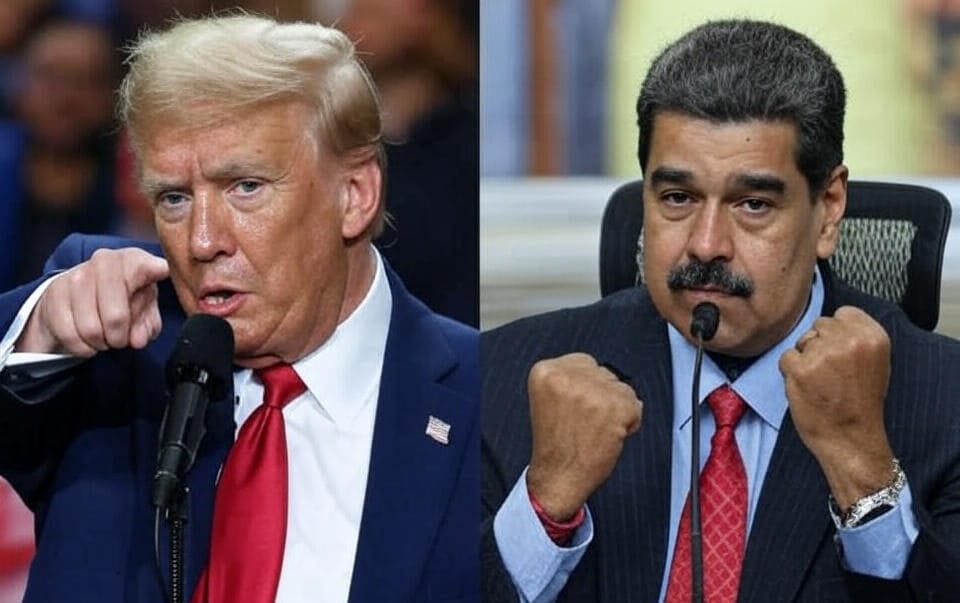
Responses to Venezuela’s claims have been polarized. The U.S. State Department dismissed the allegations as “baseless propaganda,” reaffirming commitments to regional security without addressing specifics. Trinidad and Tobago’s government expressed “profound concern” over the accusations, denying any complicity and calling for transparent investigations. Allies like Russia and China have rallied behind Maduro, with Moscow condemning U.S. “hegemonism” and Beijing urging restraint to safeguard trade routes.
Broader Implications for the Hemisphere
- Migration and Humanitarian Strain: Escalation could exacerbate Venezuela’s refugee crisis, already displacing over 7 million, burdening neighbors like Colombia.
- Energy Market Volatility: Disruptions to Venezuelan oil exports, vital for global supplies, risk price spikes amid ongoing geopolitical strains.
- OAS and UN Scrutiny: The Organization of American States may convene emergency sessions, while UN human rights experts monitor for violations.
Analysts warn that unverified claims could erode diplomatic channels, potentially drawing in extra-regional powers and complicating Trump’s Latin American strategy.
Pathways to De-escalation and Future Outlook
Amid the brinkmanship, opportunities for dialogue persist. Opposition figures within Venezuela advocate for mediated talks, possibly through neutral venues like the Vatican, to address sanctions in exchange for electoral reforms. The Trump administration has signaled openness to incentives, such as eased restrictions for verifiable de-escalation. However, without concrete evidence from Caracas or concessions from Washington, the cycle of distrust may persist.
In conclusion, Venezuela’s capture of alleged CIA-backed mercenaries underscores the precarious state of U.S.-Latin American relations, where covert actions and rhetorical salvos threaten broader conflict. As naval shadows loom over the Caribbean, sustained diplomacy remains essential to avert a humanitarian and economic catastrophe. Stakeholders must prioritize verification and dialogue to restore stability in this vital hemisphere. For continued coverage of geopolitical developments and U.S. foreign policy, subscribe to our newsletter.
(Word count: 856)
References
- Miami Herald: Venezuela claims capture of CIA group, accuses U.S. of plotting ‘false flag’ attack
- The Telegraph: Venezuela ‘captures CIA operatives’
- Reuters: Venezuela condemns ‘military provocation’ by CIA and Trinidad and Tobago
- Common Dreams: Venezuela Says CIA-Linked Mercenaries Caught During ‘False-Flag Attack’
- ABC News: Venezuela accuses US of plotting false-flag operation in Caribbean
- Yahoo News: Venezuela ‘captures CIA operatives’
- The Independent: Venezuela claims to have captured ‘CIA backed cell plotting false flag attack’ as tensions with US grow
- Newsweek: Venezuela says it captured “mercenaries” working with CIA
- Military.com: Venezuela Claims Capture of CIA Group, Accuses US Of Plotting ‘False Flag’ Attack
- HuffPost: Venezuela Claims To Have Captured Group Of CIA-Aligned Mercenaries
